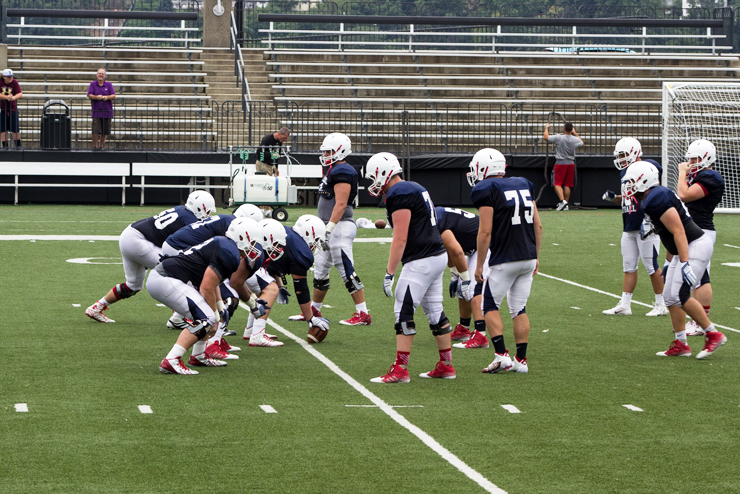By Jen Cardone | The Duquesne Duke
Duquesne law school graduates are preparing to take the bar exam at the end of this month, but some say the exam is not the most effective way to license students.
The exam, which is administered by the Board of Law Examiners in Pennsylvania, determines whether or not students are licensed to practice law. Students who graduate from an accredited law school can take the exam, offered at the end of February and July each year.
Law school Dean Ken Gormley said students begin to prepare for the exam the day they enter the school.
“It is a very grueling, challenging exam that is comprehensive and tests most core subjects that you teach in law school,” Gormley said.
There are other options that states are pursuing. The diploma privilege system, which only exists in Wisconsin currently licenses students automatically upon graduation, according to Gormley. A system like this could be implemented in Iowa as well.
He said this is a sign that “bar examiners are not relying enough on the law school’s judgment to do a lot of the weeding out for them.”
“I do think it’s worth examining whether states like Pennsylvania should give more authority deference [to the universities],” Gormley said. “They should focus on testing the fundamentals [of law] so that if someone was more qualified you could spot that and not trip them up with every possible detailed question.”
Gormley also said Pennsylvania is too big to implement a diploma privilege system, but a reexamination of the exam is what the board could discuss.
After each exam is administered, the board gives sample questions from the bar exam to a liaison at each University. The faculty can see sample answers before they grade them and may provide suggestions.
Gormley said he sees benefit in this because it allows the universities to have input on the exam. Their comments are combined with those from other universities and have an impact on future exam questions and results.
Professor Nick Fisfis is the liaison representative for Duquesne that attends the annual meetings where the Pennsylvania bar examiners meet with all the liaisons from other law schools. He delivers the comments from the faculty at the law school to the board of examiners where they evaluate them.
Gormley said he believes they are responsive to the universities, and Fisfis agrees.
“We talk to other law professors before they weight how much emphasis to put on each piece of the answer,” Gormley said.
Professor Bruce Ledewitz contributes frequently to the comments. He said the University receives the proposed answer to bar exam questions with the breakdown of credit.
“Law is not a science, they try very hard to ask questions that have very clear answers, but sometimes that is impossible,” Ledewitz said. “[Therefore,] they must surely take our comments into account because we are more likely to be right than they are.”




